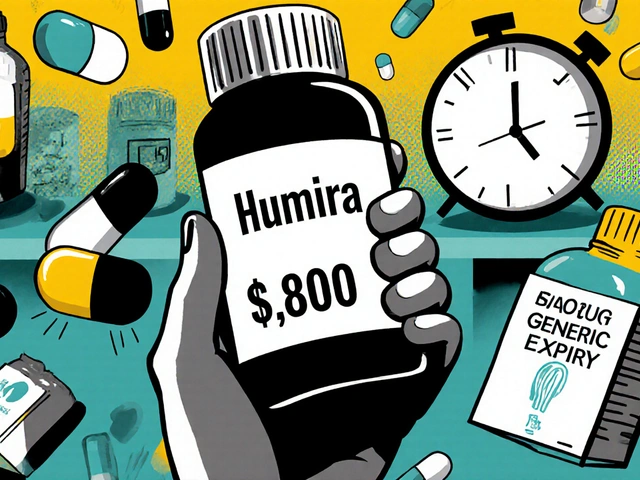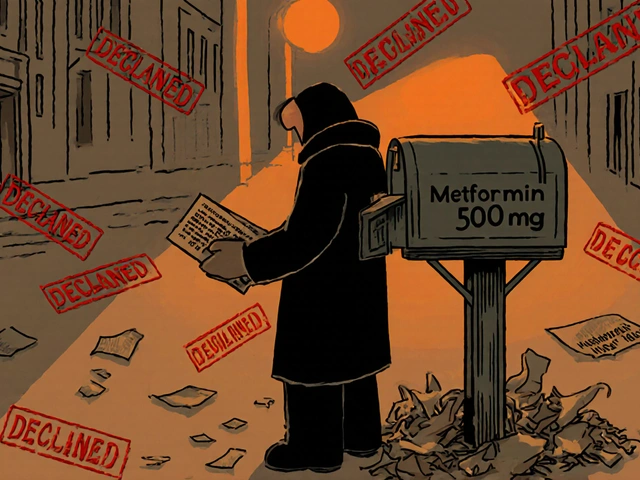Heartburn Treatment: What Works and What to Try First
Heartburn happens when stomach acid backs up into the esophagus and burns. Annoying, right? The good news: many cases are manageable with easy fixes and common medicines. This guide gives clear, practical steps so you can feel better fast and avoid routines that make things worse.
Quick fixes and OTC options
Need relief now? Try an antacid like Tums (calcium carbonate) or a liquid antacid to neutralize acid fast. They work within minutes for mild episodes. For longer relief, H2 blockers such as famotidine (Pepcid) reduce acid for several hours — take as the label says or every 12 hours. If heartburn is daily, a proton pump inhibitor (PPI) like omeprazole (Prilosec) can cut acid production for a day or more. PPIs are usually taken once daily and often need a few days to reach full effect.
Quick tips: follow dosing instructions, don’t mix acid-blockers with meds your doctor didn’t approve, and avoid long-term PPI use without a doctor’s ok. PPIs are great short-term, but they aren’t automatic lifelong fixes.
Simple lifestyle changes that really help
Medications help, but habits matter more over time. Try these concrete changes: eat smaller meals, not big dinners; avoid lying down for 2–3 hours after eating; raise the head of your bed 6–8 inches if reflux wakes you at night. Cut or reduce trigger foods: spicy dishes, tomato sauces, citrus, chocolate, peppermint, high-fat meals, coffee, and alcohol. If you smoke, quit — tobacco relaxes the valve that keeps acid out of the esophagus.
Weight loss can reduce pressure on your belly and lower reflux. Even losing 5–10% of body weight can make a difference. Swap late-night snacks for lighter choices and aim to finish eating at least a couple of hours before bed.
Pregnant? Heartburn is common. Antacids with calcium or magnesium are usually safe, but avoid sodium bicarbonate and check with your OB before taking H2 blockers or PPIs.
Wondering about natural fixes? Ginger, chamomile, and aloe are popular, but evidence is mixed. If a natural remedy helps and causes no side effects, fine — but don’t skip medical advice if symptoms persist.
Watch for warning signs: trouble swallowing, unintentional weight loss, vomiting blood, or black stools. These need prompt medical attention. If daily medicines don’t control symptoms, your doctor may suggest tests like an endoscopy or refer you to a GI specialist. For severe, treatment-resistant reflux, procedures such as Nissen fundoplication or a LINX device are options to discuss with a surgeon.
Bottom line: try fast-acting antacids for occasional flare-ups, use H2s or PPIs for frequent symptoms under guidance, and fix daily habits that feed reflux. If problems continue or alarm signs appear, see your doctor — don’t just tough it out.

Dig into everything you never thought you needed to know about Prilosec (omeprazole). This article takes you beyond the quick fix and explains how the drug works, the real talk on side effects, surprising tips, and how you can get the best results safely. If you, your family, or your friends are reaching for acid reducers, this read will prep you with answers and insights that matter long term.
Continue Reading





